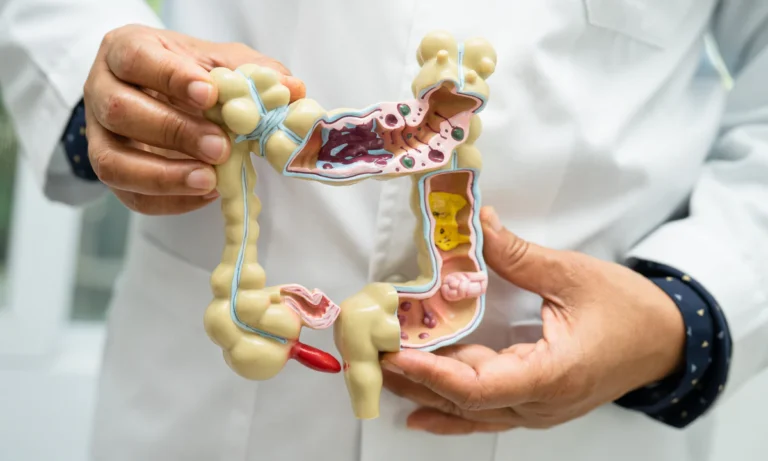Building a Support System for Individuals With Substance Abuse Disorder
Substance use disorder (SUD) is a condition in which the recurrent use of alcohol or drugs causes clinically significant impairment, including health problems, disability, and failure to meet responsibilities. This condition can range from mild to severe, affecting a person’s physical health, mental well-being, and social connections. Building a comprehensive support system is a fundamental aspect of navigating the path toward recovery. This system often involves a combination of medical, psychological, and community-based resources designed to address the multifaceted nature of SUD. Here’s more information on substance abuse disorder:
Withdrawal Support
The physical effects of substance abuse disorder can be profound, impacting nearly every system in the body. When an individual decides to stop using a substance, they may experience withdrawal, a process that can be both physically and emotionally challenging. Seeking professional guidance is a fundamental first step for support. Medical professionals can provide a safe, structured environment for detoxification and manage acute withdrawal symptoms, which can sometimes be severe.
Stopping Substance Use
The decision to stop using a substance is a significant one. Professionals can help create a plan that addresses the individual’s specific needs, taking into account the type of substance used and the duration of use. This structured approach helps manage the physical discomfort of withdrawals and establishes a foundation for long-term recovery efforts.
Seeking Professional Guidance
Engaging with healthcare providers, counselors, or addiction specialists provides access to evidence-based care. These professionals can conduct assessments to determine the appropriate level of care, which may range from outpatient services to inpatient residential treatment. They offer support not only for the physical symptoms of withdrawal but also for the psychological challenges that accompany this transition. Many substances may lead to dependence, including:
- Alcohol
- Cannabis
- Opioids (Like Heroin, Fentanyl, and Prescription Painkillers)
- Stimulants (Like Cocaine and Methamphetamine)
- MDMA
- Ketamine
Psychiatry Support
Substance use commonly affects mental health, often co-occurring with conditions like depression, anxiety, or post-traumatic stress disorder. A psychiatric evaluation helps identify any underlying mental health conditions that may contribute to or be worsened by substance use. For some individuals, medication management can be a helpful component of a comprehensive treatment plan, used in conjunction with therapy and other support services.
Psychological Support
Therapy helps individuals understand the causes of their substance use, develop coping mechanisms, and build healthier thought patterns and behaviors. Both individual and group therapy formats offer unique benefits. Individual therapy offers a private setting to explore personal issues, while group therapy fosters a community of peers who can share experiences and offer mutual support and encouragement.
Cognitive behavioral therapy is a common talk therapy method that helps patients reflect on patterns in their thinking and behavior. This therapy can be used in conjunction with other therapeutic styles for more comprehensive care. Here are some other helpful psychotherapies for those with SUD:
Assertive Community Therapy
Assertive Community Treatment (ACT) is an integrated approach that provides comprehensive, community-based psychiatric treatment, rehabilitation, and support to individuals with serious and persistent mental illness. This model employs a team of professionals from various disciplines to deliver services directly to individuals. This well-rounded approach enables patients to manage their condition and enhance their quality of life effectively.
Dialectical Behavior Therapy
Dialectical Behavior Therapy (DBT) is a type of cognitive behavioral therapy that may be effective for individuals with SUD, particularly those who also experience emotional dysregulation. DBT teaches skills in mindfulness, distress tolerance, emotion regulation, and interpersonal effectiveness. These skills equip individuals with practical tools to manage cravings and navigate challenging situations without resorting to substance use.
Learn More About Substance Abuse Disorder
Recovery is a personal journey that often requires a network of professional and personal support. A licensed therapist or counselor provides personalized support and guidance through various treatment options. They also help address any underlying mental health issues that may be contributing to the substance use disorder. Contact a psychiatrist or specialist today for personalized care.







